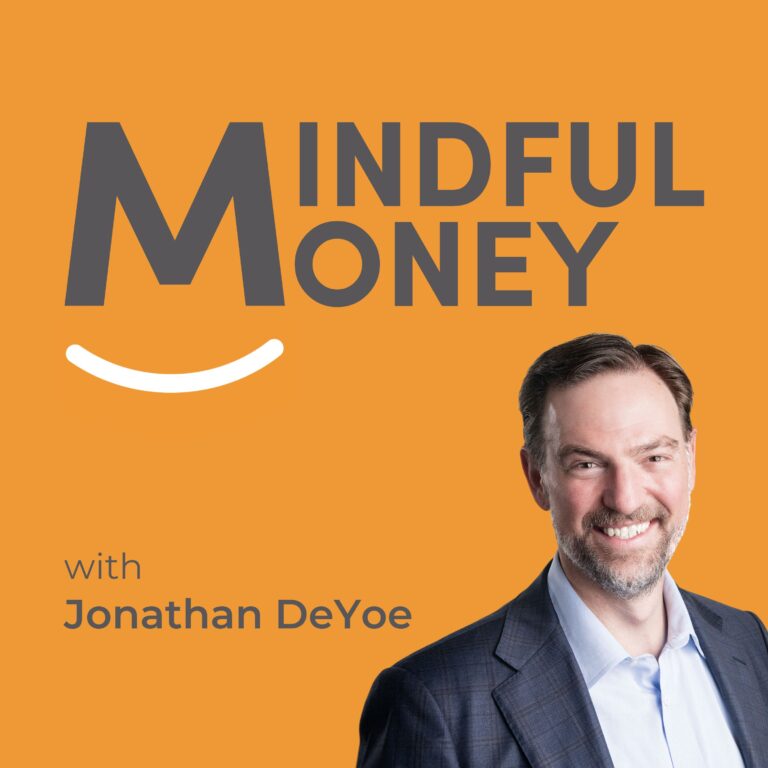Let me begin our January 2020 letter by saying what an absolute personal and professional delight it is for us to be your financial advisors. I probably don’t say often enough how much I enjoy working with such a great team of people as we endeavor to help such a wonderful family of clients.
Before we review our Guiding Principles and discuss current markets and economies, I want to announce the recipients of our 6th annual drawing at our 2019 Holiday Party. We have given $1000 to each of the following non-profits in our clients’ names:
Immigrants Rising – supporting DACA applicants to Law School
Every One Home – working to eliminate homelessness in Alameda County
Seeds of Awareness – bringing mindfulness training to schools and children in the Bay Area
The three clients are actively engaged with each of these 3 important issue areas and we are happy to support them on behalf of our client community. Those of you who do not already know about these organizations may want to think about them as you make charitable gifts and/or when you consider volunteering. And, to plant an early seed, plan to come to put your name in the hat at the 2020 DeYoe Wealth Management holiday party, on behalf oy your favorite causes.
Recall from years past that our January letter is a little longer than our other quarterly letters because we like to remind you of our Guiding Principles. You will certainly note that these have not changed much over time.
GUIDING PRINCIPLES:
In the simplest terms, we are goal-focused and planning-driven – as distinguished from an approach that is market-focused, current-event, or performance driven.
After almost 40 years as an equity investor working with my own cognitive and emotional biases and almost 25 years working directly with clients and their deepest financial beliefs, I am certain that long-term investment success derives from continuously acting on a plan. And I am positive that investment failure proceeds from continually reacting to current events in the markets and the economy.
I did not start out with these beliefs, but I have come to them through personal experience, failed investment approaches, academic research, and studying markets and human nature.
We are long-term global equity investors. We are working steadily toward the achievement of our most cherished lifetime goals. We admit, humbly, that no attempt to forecast or time equity markets can be successful; indeed, we believe the attempt to do so is a fool’s errand. Still, there are plenty of fools who try… and who attempt to convince us to follow them.
We believe that the only way to capture the full premium return of equities is to ride out their frequent but ultimately temporary declines.
There have been 15 “bear markets” in equities since the end of WWII – an average of one every 5(ish) years. The average depth of each of these declines is about 32%. The most recent of which is the 19.8% decline that ended Christmas Eve 2018. In September of 1945 the S&P (then the S&P 90) traded at 16 (according the Robert Shiller’s data); the Index (S&P 500) ended 2019 at 3231. Despite short-term downs (the worst of which are still in recent memory – dot.com & Great Recession), the markets’ advance has triumphed over every historical decline.
We know what we know. We don’t know what we don’t know. Our highest value to you is our planning and behavioral coaching designed to help you engage in a short list of appropriate behaviors and temper your reaction to “noise.” We communicate often and invite you to join us at educational events precisely because, the most difficult “noise” to manage occurs between our own ears. We want to be there at the moment you are anxious and consider making an unrecoverable mistake.
The essential principles of portfolio management we follow are simple:
- The short-term performance of your portfolio relative to a benchmark is irrelevant to your long-term financial success.
- The only benchmark that matters is whether you are on track to accomplish your stated financial goals in your financial plan.
- Risk should be measured as the probability that you won’t achieve those financial goals.
- The exclusive objective of investing should be to minimize that risk to the extent possible.
Our essential portfolio practices are simpler still:
- Asset allocation determined by your financial plan
- Broad diversification within appropriate asset classes
- Academic performance factors (Value, Size, and Profitability)
- Rebalancing
Once a client family has worked with our team to put a long-term plan in place and funded that plan with the investments that seem historically best suited to achieving their financial goals, we very rarely recommend changing the portfolio other than to rebalance. If your goals haven’t changed, don’t change the portfolio. Rebalancing is important because it is value seeking – it captures and preserves gains and reinvests in cheaper areas of the market.
Investing requires practicing rationality in the face of uncertainty. We can’t know what lies ahead. We are investing for an unknowable future. Therefore, we adhere to investment principles that have thus far yielded the most favorable long-term results over time: planning, mindful optimism, patience, and discipline.
CURRENT OBSERVATIONS:
2019 was a mirror image of the year prior. 2018 was statistically outstanding for the American economy – especially for corporate earnings and dividends – but the market had a very rough year and ended on a terrific decline (a near 20% decline through Christmas Eve). The year just ended was the exact opposite: an exceptionally good year for our investments – with global equity markets (ACWI) up over 26% – even though the economy slowed a bit, manufacturing went into decline, and the earnings of the great companies of the US and the world almost certainly trailed those of 2018.
Without detailing every market move, there are two important movements to highlight. The first came immediately after the 4th quarter 2018 drawdown which was completely reversed in early 2019 as the S&P 500 made new highs by April. The second is the brief decline of merely 7% (not even a technical correction) in May which lasted ONLY one month in response to a series of belligerent tweets about China.
The first of these was a market returning to its senses; the second was more proof (as if it were needed) that the market remains a crazy drunk. It was the extreme investor reaction to the relatively brief and shallow drawdown that captures the attention. Net liquidations of U.S. equity mutual funds and ETFs soared to levels not seen since 2008’s Great Recession. A one-month, 7% drawdown set off a flight from equities reflective of the existential crisis of our time. There is no greater evidence that investors (check your own emotions here) are still ‘anchoring’ in the panic of 2008.
Taken together they are a reminder of the extreme fallibility of “going with your gut” when it comes to portfolio management – proof that once your portfolio is appropriately allocated and broadly diversified in a manner that aligns with your financial plan, the best council is patience.
The rest of the year was built on the growing realization that the widespread fears – of trade-wars tipping us into recession, significant downticks in corporate earnings, and potential constitutional crisis – were overblown. Throughout the year there were headlines calling for recession and for deep declines in earnings… none of which came to fruition. The final wave of new highs started in late October and continued through year-end on the backs of two successive flawless monthly employment reports.
Set aside, if you can, the headline issues of the day: the trade situation, an aging expansion, election uncertainty, impeachment proceedings, and the like. Their outcomes are not just unknowable… they are irrelevant to long-term, goal-focused, planning-focused investors like us.
Instead focus on the default setting of the investing public – pessimism verging on panic. Meaningful market corrections do not historically incubate in the current emotional milieu. It was the Oracle of Omaha, Warren Buffett, who famously quipped, “Be fearful when others are greedy, and greedy when others are fearful.” Right now, others remain fearful.
This is not a market forecast. We are planners, not prognosticators. It is simply an invitation, as we look forward to 2020, to see the cloud over the market… but to also its silver lining. There will be plenty of time to worry about the stock market when everyone around us is excitedly bullish.
It is unlikely that 2020 will match the returns of 2019 (few years do). We had an exceptional 2019. We did not do so by forecasting this year’s returns – nor by jumping into markets just in time to get them – but by patiently sticking with our long-term equity discipline. That, to me, is the great lesson of this genuinely great year.
Thank you, most sincerely, for being clients of DeYoe Wealth Management. It is an honor and a pleasure to serve you.





